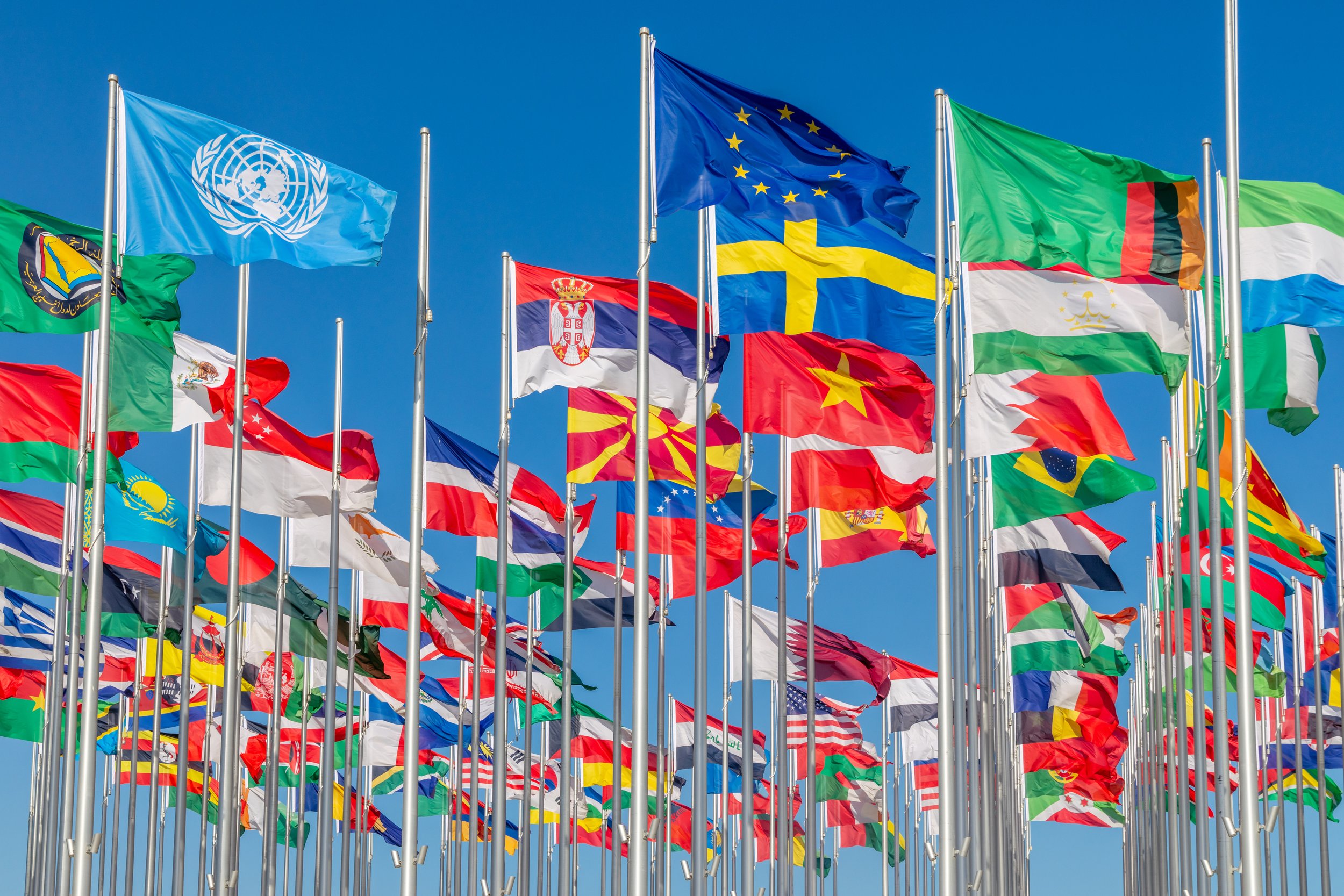Asylum Based on Nationality
Date of Information: 03/19/2025
Please check back soon as this page is actively under development.

In keeping with the statutory definition of a “refugee,” nationality is a explicitly enumerated grounds for asylum in the United States. See 8 U.S.C. § 1101(a)(42); see also the CLS Guide to the Legal Standards for Asylum in the United States. Despite that, nationality is rarely used as a basis for asylum.
Several plausible explanations exist for the rarity of nationality as a basis for asylum claims. It overlaps significantly with other grounds like race, membership in a particular social group, and political opinion (especially opinions about the political status of certain ethnicities and language groups). See the CLS Guide to Membership in a Particular Social Group. Practitioners might avoid using nationality as a basis for asylum merely because other bases with more settled case law are abundant. As discussed in this Guide, “nationality” is frequently but erroneously conflated with statehood or citizenship. Nevertheless, a smattering of cases discuss nationality as a basis for asylum in the United States, and there are other instructive if not binding, authorities from outside the U.S. that tend to scope nationality as a basis for asylum.
What is “Nationality?”
As of the date of this guide, there is little case law defining “nationality” as a basis for asylum in the United States. Despite that, the U.N. Handbook on Procedures and Criteria for Determining Refugee Status under the 1951 Convention and the 1967 Protocol relating to the Status of Refugees (hereinafter, “U.N. Handbook”) is instructive.
74. The term “nationality” in this context is not to be understood only as “citizenship”. It refers also to membership of an ethnic or linguistic group and may occasionally overlap with the term “race.” Persecution for reasons of nationality may consist of adverse attitudes and measures directed against a national (ethnic, linguistic) minority and in certain circumstances the fact of belonging to such a minority may in itself give rise to well‑founded fear of persecution.
75. The co‑existence within the boundaries of a State of two or more national (ethnic, linguistic) groups may create situations of conflict and also situations of persecution or danger of persecution. It may not always be easy to distinguish between persecution for reasons of nationality and persecution for reasons of political opinion when a conflict between national groups is combined with political movements, particularly where a political movement is identified with a specific “nationality.”
76. Whereas in most cases persecution for reason of nationality is feared by persons belonging to a national minority, there have been many cases in various continents where a person belonging to a majority group may fear persecution by a dominant minority.
Id., at 24.
Importantly “nationality” is not synonymous with “statehood.”
A nation is a group of people with a common language, history, culture, and (usually) geographic territory. A state is an association of people characterized by formal institutions of government, including laws; permanent territorial boundaries; and sovereignty (political independence). A state may comprise one or more nations (as did the Roman Empire and Austria-Hungary), and a nation may be represented in (or ruled by) one or more (usually contiguous) states, as in the early modern principalities of Germany. A state comprising or dominated by a single nation is often called a nation-state.
The Editors of Encyclopaedia Britannica. "What is the difference between a nation and a state?". Encyclopedia Britannica, 11 Feb. 2025, https://www.britannica.com/question/What-is-the-difference-between-a-nation-and-a-state. Accessed 19 March 2025.
There are numerous political and historical reasons why nations might not be coextensive with the states in which they reside. One reason is the European colonization of less developed states during the 18th-20th Centuries. More traditional wars of territorial expansion are another common cause.
Where Might a Nationality Claim be Appropriate?
Consider a nationality claim in cases where a distinct “nation,” i.e., an ethnic or linguistic group with an arguable claim to statehood, tends to exist within the borders of another nation-state.
As of the date of this guide, there are a few well-recognized nations that reside wholly or partly within another state. These include the Palestinians, the Kurds, the Uyghurs, the Tibetans, the Rohingya, the Chechens, and the Native American tribes within the United States. Importantly, any request for the U.S. Immigration and Naturalization Services or the Executive Office of Immigration Review to recognize a so-called “stateless nation” should be backed by thorough research and documentation. (Be careful not to confuse “stateless nations” with “stateless people” or “stateless individuals.” Those latter terms of art have their separate legal implications.)
The Kurds
The Palestinians
Some stateless nations even issue their own passports, but they are not widely recognized or accepted.
Caution! Stateless nations are often represented by political movements that have underground components due to power imbalances in the countries where they reside. It is not uncommon for those underground movements to resort to terrorism as a form of asymmetric warfare. Practitioners should ask asylum seekers about their political affiliations and verify they are not on the U.S. State Department's Foreign Terrorist Organizations list.
Caes Involving Asylum Claims Based on Nationality
Carvajal-Munoz v. I.N.S., 743 F.2d 562, 578 (7th Cir. 1984) (claim of persecution based on Chilean nationality within Argentina; insufficient evidence of nexus between persecution and nationality)
Matter of Barrera, 19 I. & N. Dec. 837, 850 (BIA 1989) (“Marielitos” from Cuba are not a nationality)
Faddoul v. I.N.S., 37 F.3d 185, 190 (5th Cir. 1994) (discussing Palestinian nationality; asylum denied for want of persecution)
Batalova v. Ashcroft, 355 F.3d 1246, 1248 (10th Cir. 2004) (discussing Armenian nationality in Russia; asylum denied on credibility grounds)

